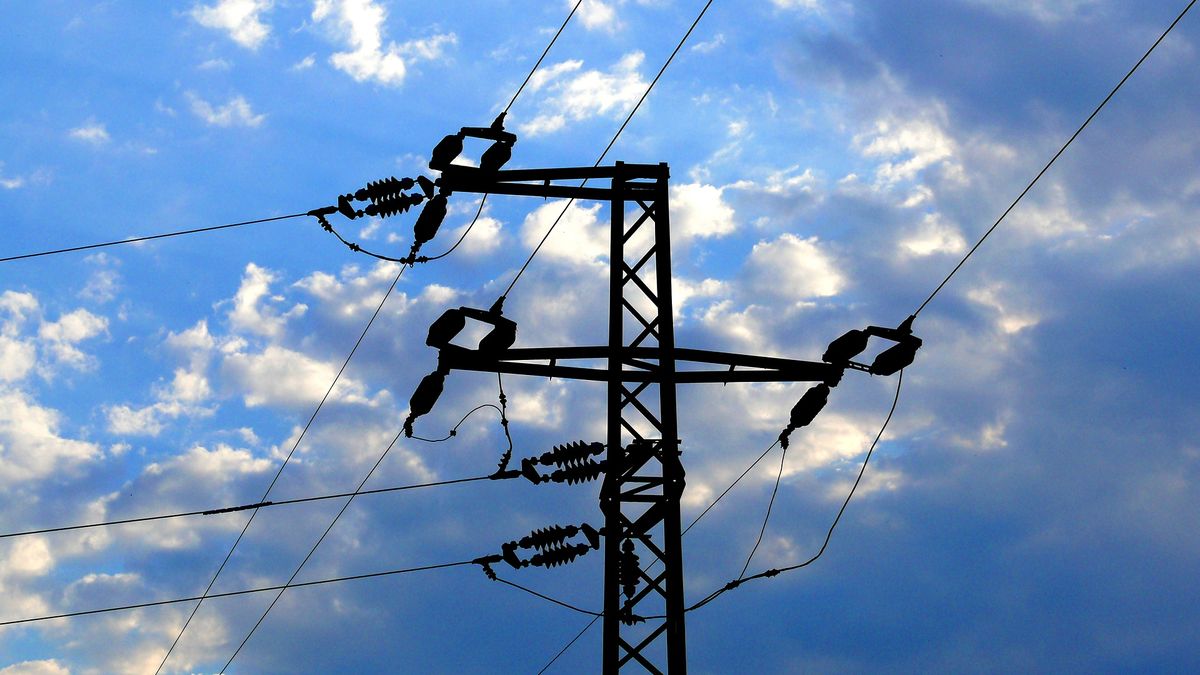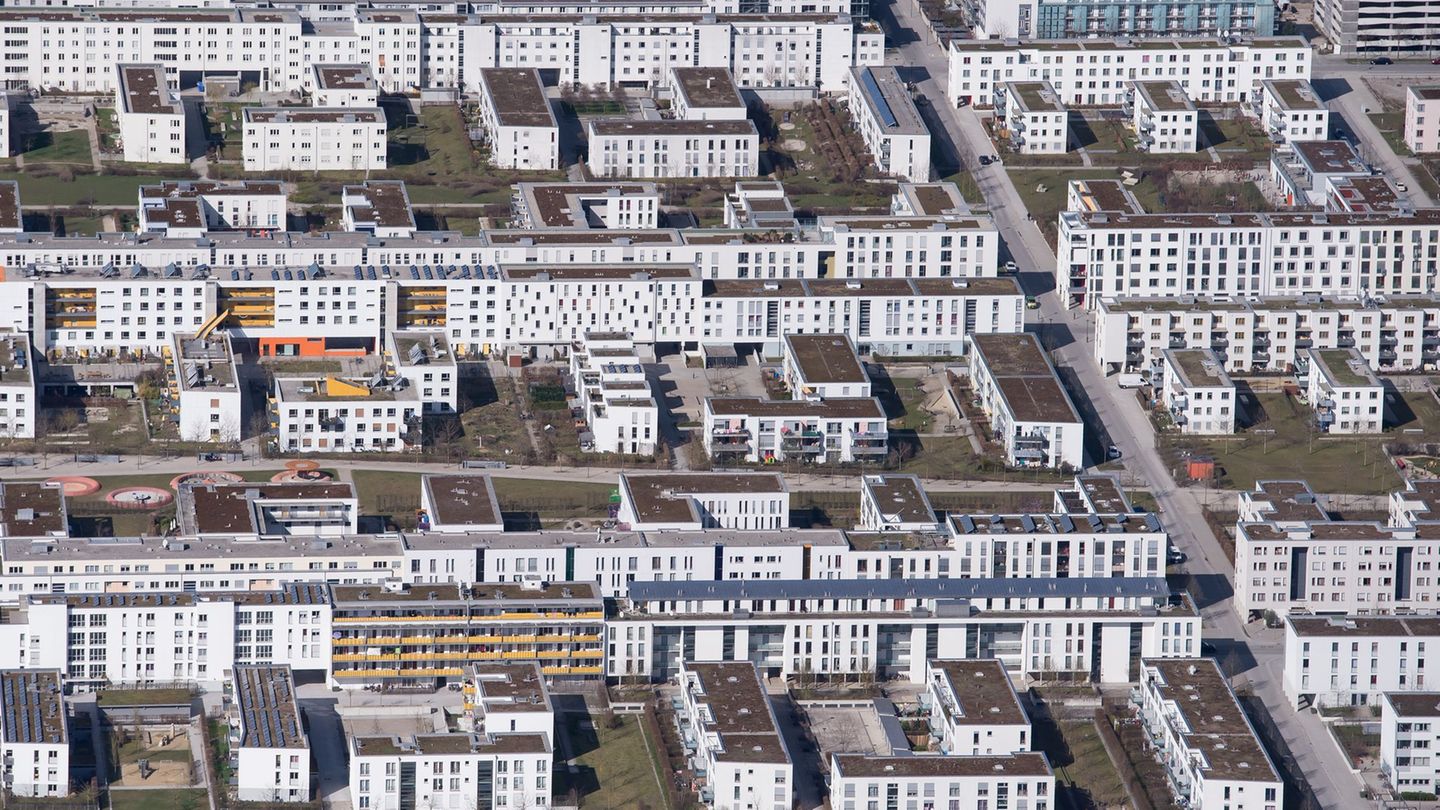According to the statement published by the ETUC on its website, some 9.5 million people in work were already struggling to pay their energy bills before inflation shot up to an all-time high of 9.1% year-on-year in August in the Euro zone.
Gas and electricity alone saw a 38% year-on-year increase across Europe and the cost continues to rise.
With these figures, workers who earn the minimum wage in 16 EU member states are forced to reserve “the equivalent of a month’s salary or more to keep the lights and heating on in the home”, something that in 2021 It happened in eight states.
“When your bill is more than a month’s salary, there is no smart money-saving trick that will make a difference. These prices are now simply unaffordable for millions of people. Behind these figures are real people who have to make increasingly difficult decisions about whether they can afford to turn on the heat or cook hot meals for their children,” Lynch said, quoted by the AFP news agency.
According to the report, a person in Estonia has to work 26 more days to pay the bill, a number that in the Netherlands reaches 20, in the Czech Republic 17 and in Latvia 16.
Furthermore, in four countries (Slovakia, Greece, Czechia and Italy) the annual energy bill exceeds the monthly wage for a worker earning the average wage. The ETUC expressed concern that the data refers to July this year.
Complaints against companies
In other words, the crisis faced by workers continued to worsen because the increases in the price of energy and other basic products such as food continued in August and the first days of September “while the executive directors and shareholders of the companies of energy enjoy record profits at their expense.
The data comes from an analysis by the European Trade Union Institute, an independent think tank of the ETUC, coming just before the emergency meeting of the EU Energy Council next Friday.
The ETUC called on European leaders to take decisive action to end Europe’s energy price hikes in a six-point plan that includes demands for wage increases, emergency payments, a ban on disconnections for non-payment, a cap on the cost of bills and a tax on excess profits made by energy companies.
“It’s immoral and politicians must get this crisis under control before it costs lives this winter. It’s time for fair wage increases, a cap on energy prices, taxes on excess profits and emergency payments to the poorest households,” Lynch added.
The price crisis in Europe was unleashed after the Russian invasion of Ukraine.
On the one hand, the EU imposed sanctions on Russia, which responded with cuts in its gas shipments, on whose supply Europe depends; at the same time, tens of tons of grain were stranded in Ukrainian ports.
While ports are now unblocked, no ships from the world’s top grain exporter have sailed for at least four months.
Source: Ambito
David William is a talented author who has made a name for himself in the world of writing. He is a professional author who writes on a wide range of topics, from general interest to opinion news. David is currently working as a writer at 24 hours worlds where he brings his unique perspective and in-depth research to his articles, making them both informative and engaging.




